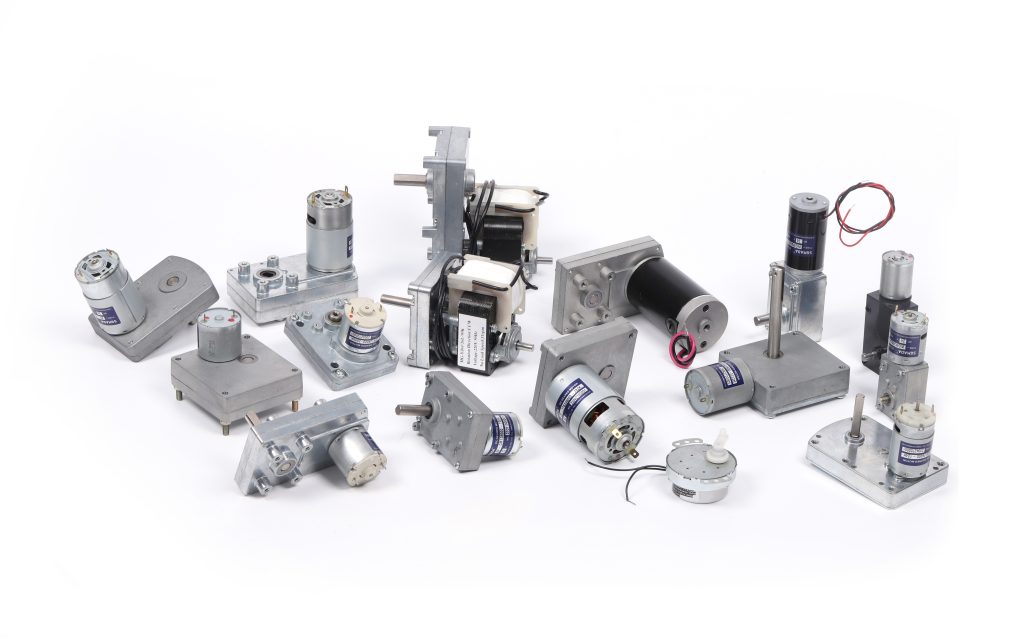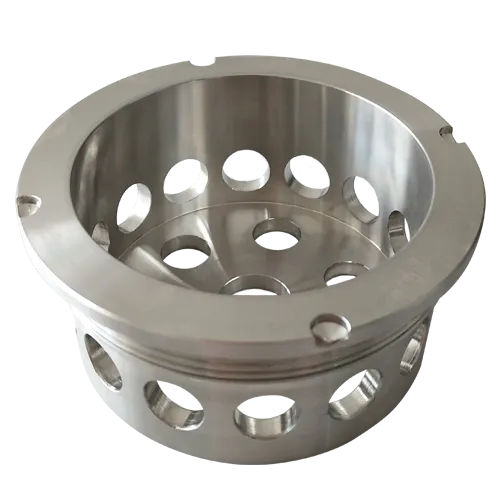Mobile:+86-311-808-126-83
Email:info@ydcastings.com
English
Feb . 16, 2025 13:54
Back to list
impeller in centrifugal compressor
The impeller in a centrifugal compressor is a critical component that plays a significant role in enhancing the performance and efficiency of a wide range of industrial applications. Understanding its intricacies can help businesses optimize their operations, achieve more reliable outputs, and maintain competitive advantages. As the heart of the centrifugal compressor, the impeller transforms mechanical energy into the kinetic energy of the fluid being processed. Its design intricacies, materials, and operating principles showcase the level of expertise demanded for efficient compressor function.
From an authoritative viewpoint, industry standards and certifications like ISO or ASME guidelines dictate the production and quality assurance of impellers within centrifugal compressors. These frameworks secure operational reliability, setting benchmarks that industry professionals adhere to when designing and upgrading systems. Certifications act as trust indicators that assure procurement officers and engineers of the impeller's capability to perform within outlined safety and performance parameters. In practice, the integration of computational fluid dynamics (CFD) in the design and testing of impellers exemplifies the marriage between technology and traditional engineering—a true testament to expertise and experience. CFD allows engineers to simulate the conditions an impeller would face, optimizing the design before actual manufacturing, which conserves resources and enhances reliability. Adapting to industry trends, like energy efficiency and digital twins, underscores the dynamic nature of expertise in compressor technology. The impeller's role here demonstrates trustworthiness; developments towards variable speed drives, for instance, enhance adaptability to process demands, minimizing energy wastage, while digital twins provide platforms for real-time monitoring, facilitating proactive rather than reactive maintenance approaches. In conclusion, the impeller in centrifugal compressors is more than a mere component — it is a reflection of advanced engineering expertise and experience combined with a strategic focus on reliability and efficiency. The continued investments in material science, evolving design strategies, and maintenance technologies affirm the significant authority that impellers hold in industrial processes. As industries evolve, so too will the demands on these vital components, underscoring the need for ongoing research and adherence to international standards to maintain operational trustworthiness and achieve sustainable advancements in compressor technology.


From an authoritative viewpoint, industry standards and certifications like ISO or ASME guidelines dictate the production and quality assurance of impellers within centrifugal compressors. These frameworks secure operational reliability, setting benchmarks that industry professionals adhere to when designing and upgrading systems. Certifications act as trust indicators that assure procurement officers and engineers of the impeller's capability to perform within outlined safety and performance parameters. In practice, the integration of computational fluid dynamics (CFD) in the design and testing of impellers exemplifies the marriage between technology and traditional engineering—a true testament to expertise and experience. CFD allows engineers to simulate the conditions an impeller would face, optimizing the design before actual manufacturing, which conserves resources and enhances reliability. Adapting to industry trends, like energy efficiency and digital twins, underscores the dynamic nature of expertise in compressor technology. The impeller's role here demonstrates trustworthiness; developments towards variable speed drives, for instance, enhance adaptability to process demands, minimizing energy wastage, while digital twins provide platforms for real-time monitoring, facilitating proactive rather than reactive maintenance approaches. In conclusion, the impeller in centrifugal compressors is more than a mere component — it is a reflection of advanced engineering expertise and experience combined with a strategic focus on reliability and efficiency. The continued investments in material science, evolving design strategies, and maintenance technologies affirm the significant authority that impellers hold in industrial processes. As industries evolve, so too will the demands on these vital components, underscoring the need for ongoing research and adherence to international standards to maintain operational trustworthiness and achieve sustainable advancements in compressor technology.
Next:
Latest news
-
Materials Used in Manufacturing Cap End Pipe FittingsNewsNov.24,2025
-
Material Properties of CF8M CastingNewsNov.24,2025
-
How to Inspect Pump Cap Ends for DamageNewsNov.21,2025
-
Backward Curved Impeller – Efficient Airflow Solutions for Industry | YD CastingsNewsNov.21,2025
-
Automobile Water Pump - Efficient, Quiet, Durable & ElectricNewsNov.21,2025
-
Impeller for Pumps – High-Efficiency, Durable, OEM-ReadyNewsNov.21,2025
Related PRODUCTS











